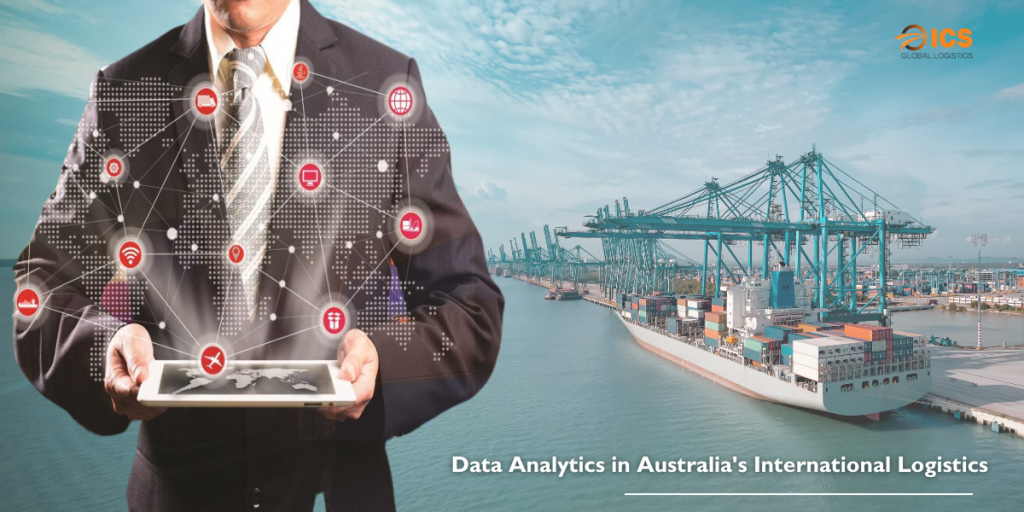Unlocking Efficiency Gains:
Australia’s economy thrives on international trade, with exports accounting for a significant portion of its GDP. To remain competitive in the global market, Australian businesses need to ensure their international logistics are efficient and cost-effective. Data analytics plays a crucial role in achieving this objective.
By analyzing vast amounts of data, including shipment volumes, routes, costs, and delays, logistics companies can identify areas for improvement. This data-driven approach allows them to optimize routes, optimize resource allocation, and streamline processes. Predictive analytics helps anticipate demand fluctuations and shipping disruptions, enabling proactive planning and mitigating potential risks.
Leveraging Data for Smoother International Shipping
The international shipping landscape is complex, with numerous regulations, customs procedures, and unforeseen events that can disrupt operations. Data analytics provides valuable insights into these complexities, enabling logistics companies to navigate them with greater ease.
Real-time tracking of shipments allows for better visibility and control over the entire journey. Data analysis helps identify bottlenecks and delays at ports, allowing companies to take proactive measures to avoid them. Additionally, data can be used to predict customs clearance times, reducing delays and ensuring timely delivery.
Data-Driven Solutions for International Logistics Challenges
The Australian logistics industry faces several challenges, including:
- High transportation costs: Data analytics can help optimize transportation routes and modes, reducing fuel consumption and overall costs.
- Labor shortages: Data can be used to identify tasks that can be automated, freeing up human resources for more strategic roles.
- Sustainability concerns: Data analysis can help optimize energy consumption, reduce waste, and minimize the environmental impact of logistics operations.
By embracing data analytics, Australian logistics companies can overcome these challenges and achieve greater efficiency, profitability, and sustainability.
The Future of Global Trade: Data Analytics as the Key to Optimization
As technology continues to evolve, the role of data analytics in international logistics is becoming increasingly important. New technologies, such as artificial intelligence and machine learning, are being used to analyze even larger and more complex datasets, leading to further optimization and automation of logistics processes.
In the future, we can expect to see:
- Real-time visibility and control over global supply chains.
- Predictive analytics that anticipate and mitigate disruptions before they occur.
- The use of blockchain technology to ensure secure and transparent data exchange.
- Greater automation of logistics tasks, including warehousing, transportation, and customs clearance.
By embracing data analytics and investing in new technologies, Australian businesses can ensure their international logistics remain efficient and competitive in the global marketplace.
Conclusion
Data analytics is rapidly transforming the international logistics landscape. By leveraging data-driven insights, Australian businesses can unlock efficiency gains, navigate the complexities of global trade, and overcome industry challenges. As technology continues to evolve, the role of data analytics will become even more important, shaping the future of global trade and ensuring Australia’s continued success in the international market.

